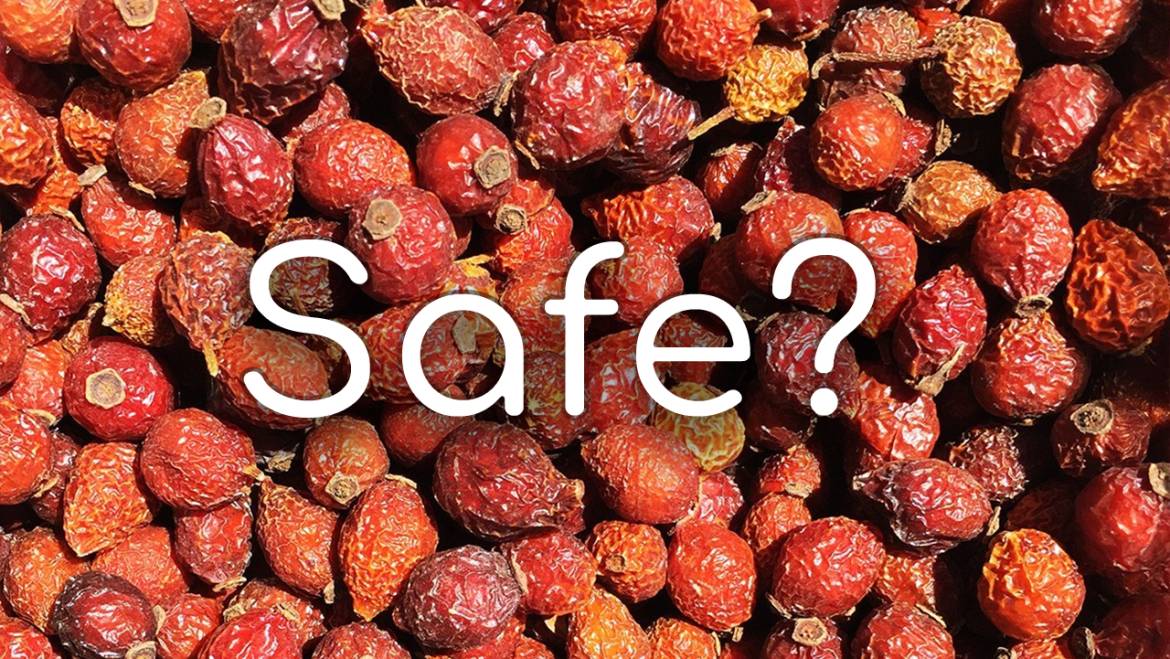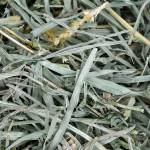Chinchillas are cute, lovable, and curious animals that require a well-rounded diet to stay healthy. Owners often wonder what foods are safe for their chinchillas to eat, and whether certain treats can be given in moderation. One such food that chinchilla owners often ask about is rose hips.
In this article, we’ll explore whether chinchillas can eat rose hips and what benefits or drawbacks these fruits may have for our furry friends.
What are Rose Hips?
Rose hips are the fruit of the rose plant, which develops after the rose petals have fallen off. These small, round fruits range in color from red to orange and are rich in vitamin C and antioxidants. They can be eaten raw, made into jams or jellies, or dried for tea.
Can Chinchillas Eat Rose Hips?
The short answer is yes, chinchillas can eat rose hips in moderation. However, it’s important to note that they should not be a staple in their diet. While rose hips have nutritional benefits, they also contain sugar and are high in fiber, which can cause digestive issues if overfed.
Benefits of Rose Hips for Chinchillas
Rose hips are a good source of vitamin C and antioxidants, both of which can benefit chinchillas. Vitamin C is essential for maintaining a healthy immune system, while antioxidants can help protect cells from damage caused by free radicals.
In addition, rose hips are high in fiber, which can help keep a chinchilla’s digestive system healthy. Chinchillas need a diet high in fiber to prevent dental issues and promote healthy bowel movements.
How to Feed Your Chinchilla Rose Hips
If you decide to feed your chinchilla rose hips, it’s important to do so in moderation. A good rule of thumb is to give your chinchilla no more than one or two small pieces of rose hip per week.
When offering rose hips, make sure they are fresh and organic. Avoid giving your chinchilla dried rose hips that have been treated with preservatives or other additives.
It’s also important to remove the seeds from the rose hips before feeding them to your chinchilla. The seeds can be a choking hazard and are not easily digestible.
Drawbacks of Feeding Rose Hips to Your Chinchillas
While rose hips have nutritional benefits, they also have some drawbacks when it comes to feeding chinchillas. One of the main issues is their high sugar content. Chinchillas are prone to developing dental problems and gastrointestinal issues if they consume too much sugar.
In addition, overfeeding rose hips can cause digestive problems due to their high fiber content. Chinchillas have a sensitive digestive system, and too much fiber can lead to diarrhea or constipation.
Alternatives to Rose Hips for Chinchillas
If you’re looking for alternative treats to give your chinchilla, there are several options that are safe and healthy. Some good choices include fresh herbs like cilantro or parsley, small pieces of carrot or apple, and hay-based treats.
Fresh herbs are a good source of vitamins and minerals, while carrots and apples provide a natural source of sugar in moderation. Hay-based treats can help keep your chinchilla’s teeth healthy while providing a tasty snack.
In conclusion, chinchillas can eat rose hips in moderation, but they should not be a staple in their diet. While rose hips have nutritional benefits, they also have drawbacks and can cause digestive issues if overfed. If you decide to feed your chinchilla rose hips, make sure they are fresh, organic, and seed-free. Offer no more than one or two small pieces per week, and avoid feeding them to chinchillas with pre-existing health conditions.
Remember, chinchillas require a well-rounded diet consisting of hay, pellets, fresh water, and occasional treats. If you’re ever unsure about what foods are safe for your chinchilla, consult with a veterinarian or do thorough research before introducing new foods to their diet.
Overall, providing a varied and balanced diet for your chinchilla is crucial for their health and happiness. With proper care, attention, and occasional treats, your chinchilla can live a long and healthy life.







